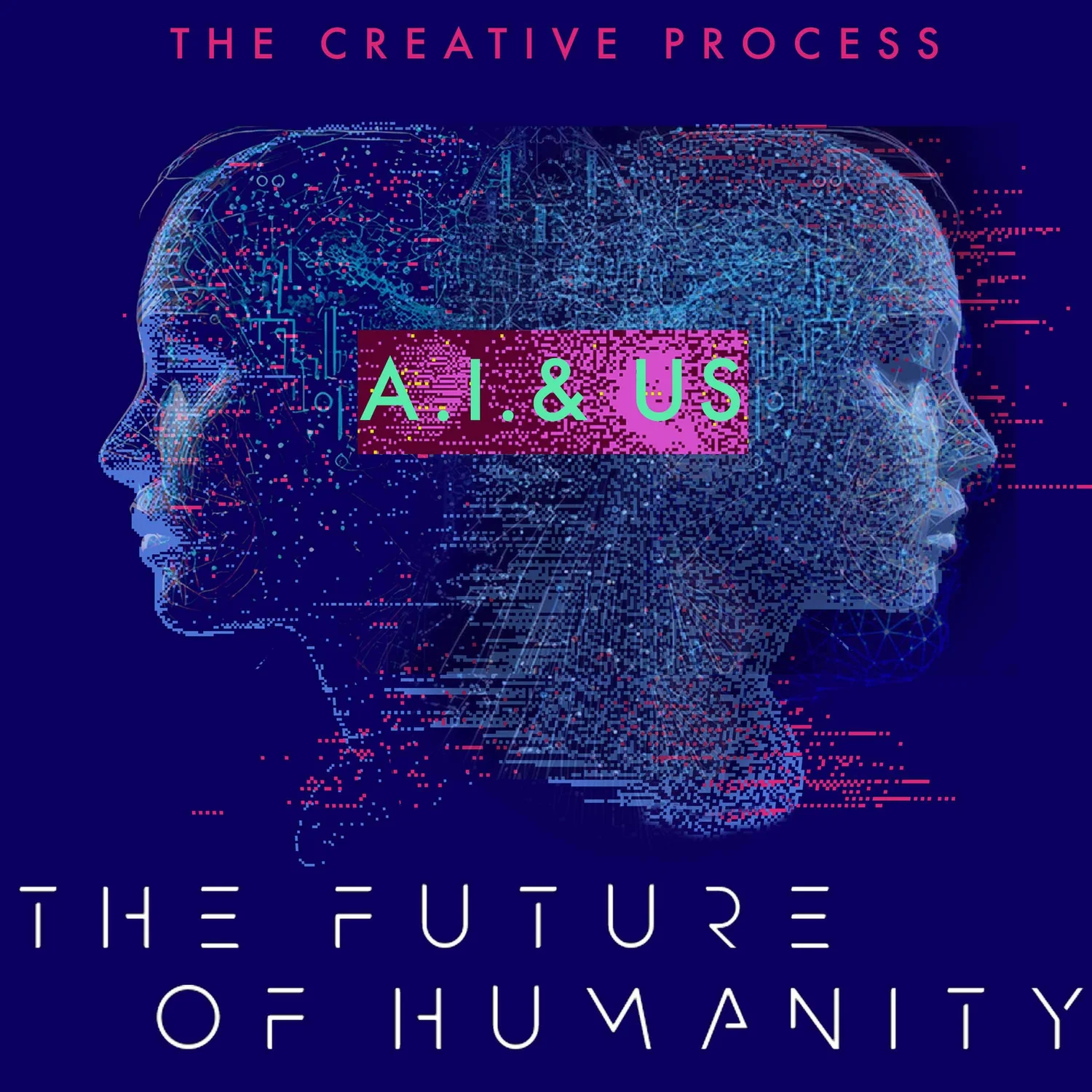
How can physics help solve real world problems? - NEIL JOHNSON, Head of Dynamic Online Networks Lab

AI & The Future of Humanity: Artificial Intelligence, Technology, VR, Algorithm, Automation, ChatBPT, Robotics, Augmented Reality, Big Data, IoT, Social Media, CGI, Generative-AI, Innovation, Nanotechnology, Science, Quantum Computing: The Creative Process Interviews
Shownotes Transcript
How can physics help solve messy, real world problems? How can we embrace the possibilities of AI while limiting existential risk and abuse by bad actors?
Neil Johnson is a physics professor at George Washington University. His new initiative in Complexity and Data Science at the Dynamic Online Networks Lab combines cross-disciplinary fundamental research with data science to attack complex real-world problems. His research interests lie in the broad area of Complex Systems and ‘many-body’ out-of-equilibrium systems of collections of objects, ranging from crowds of particles to crowds of people and from environments as distinct as quantum information processing in nanostructures to the online world of collective behavior on social media.
“It gets back to this core question. I just wish I was a young scientist going into this because that's the question to answer: Why AI comes out with what it does. That's the burning question. It's like it's bigger than the origin of the universe to me as a scientist, and here's the reason why. The origin of the universe, it happened. That's why we're here. It's almost like a historical question asking why it happened. The AI future is not a historical question. It's a now and future question.
I'm a huge optimist for AI, actually. I see it as part of that process of climbing its own mountain. It could do wonders for so many areas of science, medicine. When the car came out, the car initially is a disaster. But you fast forward, and it was the key to so many advances in society. I think it's exactly the same as AI. The big challenge is to understand why it works. AI existed for years, but it was useless. Nothing useful, nothing useful, nothing useful. And then maybe last year or something, now it's really useful. There seemed to be some kind of jump in its ability, almost like a shock wave. We're trying to develop an understanding of how AI operates in terms of these shockwave jumps. Revealing how AI works will help society understand what it can and can't do and therefore remove some of this dark fear of being taken over. If you don't understand how AI works, how can you govern it? To get effective governance, you need to understand how AI works because otherwise you don't know what you're going to regulate.”
https://physics.columbian.gwu.edu/neil-johnson)https://donlab.columbian.gwu.edu)
www.creativeprocess.info)www.oneplanetpodcast.org) IG www.instagram.com/creativeprocesspodcast)
